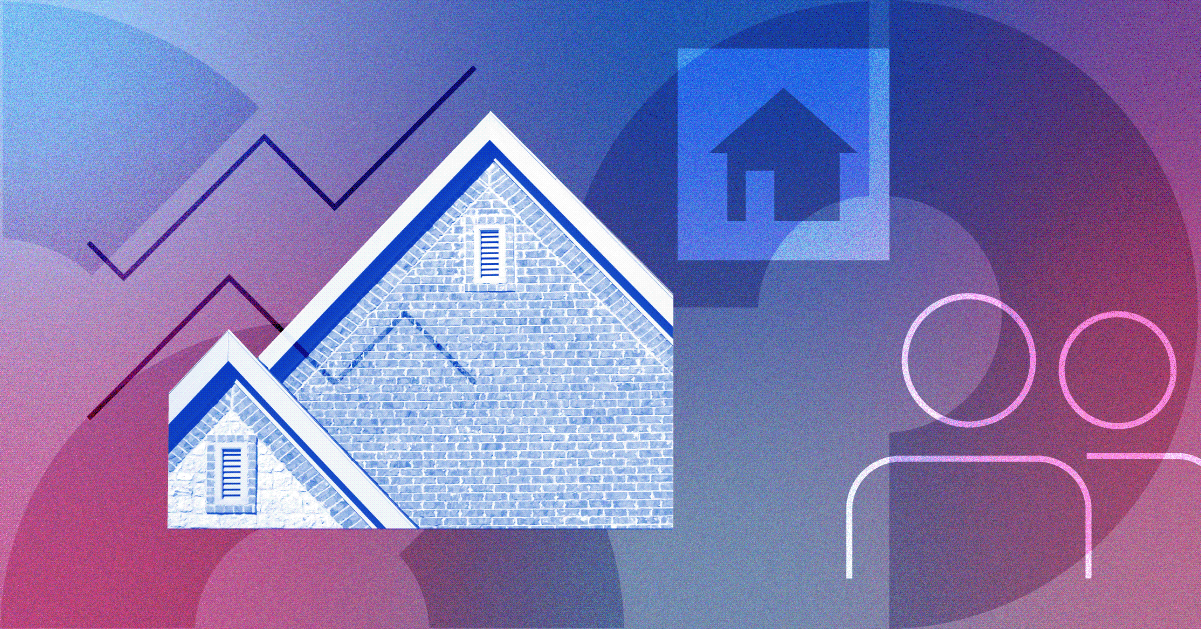How Rising Interest Rates Affect First-Time Homebuyers
Plus, a look into the current renter’s market.

Real estate expert and author Ilyce Glink shares her advice on the U.S. housing market on this episode of The Long View podcast.
Here are a few excerpts from Glink’s conversation with Morningstar’s Christine Benz:
Christine Benz: I wanted to get your advice. You have a book that has been such a hit for you for many years, and you’ve revised it many times, but it’s a book geared toward first-time homebuyers. So, how about your advice for people in this market who are buying their first home? Is it safe to assume that rates will trend down, even though they might be buying in at relatively high rates today?
Ilyce Glink: I think it’s safe to say that interest rates will be down maybe not until the second half of next year, certainly by 2025. And the reason I say that is because the Fed has done its job, and inflation has dropped from a high last June of 9.06% to 2.97% at the end of this June. That’s a dramatic drop. And so, interest rates went up to try and quell inflation, and I think it’s done a decent job of doing that. The Fed itself has just come out this week and said, this is probably going to be the last rise. And so, I think there’s a lot more opportunity on the downside, meaning that if it’s not going up any higher, it’s probably going to start coming down. And so, you’re hearing experts, and I’m sure you’ve talked to them, about how locking in bonds now could make them more valuable as the prices change. Same thing with mortgages. You can get a 30-year fixed loan. You could get a five-year adjustable-rate mortgage. And when interest rates go down, you can just refinance. So, I think for first-time homebuyers, figure out what you can afford, go try and find that house, be competitive about buying it, and get moving, because I don’t see home prices going down anytime soon.
Just underpinning all of this is the fact that we have a shortage in this country of houses somewhere still around, depending on who you ask, between 5 million and 6.5 million houses that were short. And so, if you’re short on housing, then prices, just to go back to where we started, prices probably aren’t coming down anytime soon. So, if you buy now and you’re buying for the long run, that’s a good thing.
Benz: Well, one of the really hard things for young people in this economy looking for housing is that they’ve been getting squeezed on the rental front. Rents have been skyrocketing. So, can you talk about that dimension of all of this? What we’re seeing in terms of rentals?
Glink: Absolutely. The good news there for people, and I do like to think of this as being good news, is that rents are actually going down. Now, the numbers don’t show that yet, but the numbers that we quote for rents going up—and they did jump up dramatically, no question about it—but the rental increases going forward are going to be a whole lot less. And so, that is good news for renters, but that doesn’t take away the pain that they’re all feeling today, and I get that. It’s been very, very expensive for people renting. And if you rent, you typically have less in terms of financial resources. So, you’re renting because you can’t afford to buy or you can’t find the right place or maybe your credit is not good, and so you’re paying more than perhaps you want and you’re not building any equity. But that said, there are very valid reasons to rent. There are a lot of Gen Z millennials who aren’t ready to buy, don’t know where they want to live, aren’t ready to move to rural areas, or even buy a house somewhere. And so, renting becomes the thing that you have to do.
And I think that’s really tough because you fall to a degree into the lap of the landlord and what they’re willing to do for you or the expenses that they have to pay, which also have gone up for maintenance, for materials, for replacing appliances. So, I think what we’re going to see over the next six months to a year is that rental increases have come down quite a bit. I don’t think we’re going to see a decrease, though, in overall rents. It just won’t go up as fast after this, but that will be expensive and hopefully people are getting enough of a raise in their incomes to help cover some of those costs.
The author or authors do not own shares in any securities mentioned in this article. Find out about Morningstar’s editorial policies.


/cloudfront-us-east-1.images.arcpublishing.com/morningstar/WDFTRL6URNGHXPS3HJKPTTEHHU.png)
/cloudfront-us-east-1.images.arcpublishing.com/morningstar/IFAOVZCBUJCJHLXW37DPSNOCHM.png)
/cloudfront-us-east-1.images.arcpublishing.com/morningstar/JNGGL2QVKFA43PRVR44O6RYGEM.png)